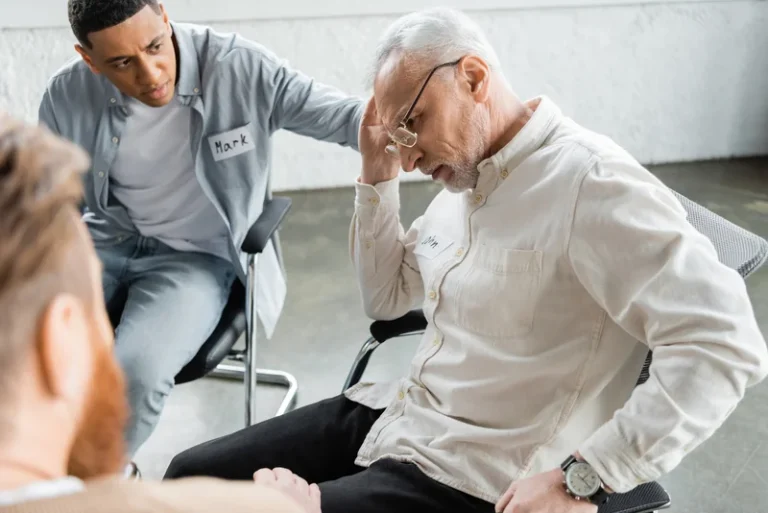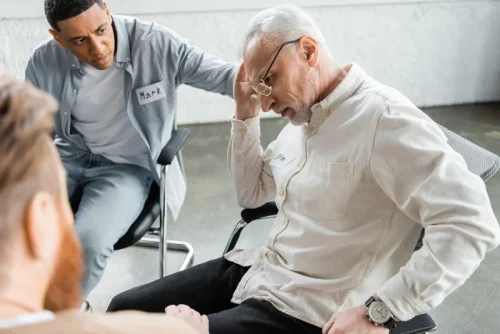
The ability of the kidneys to recover will depend on many factors. How long the person engaged in heavy alcohol use, the presence of other health problems and the types of kidney damage that occurred play an important role in how recovery progresses. You can reduce the risk of dehydration by drinking water while using alcohol.
Alcohol and kidney disease
- Chronic alcohol use can cause structural and functional kidney damage, including glomerular injury and tubular dysfunction.
- As a result, your kidneys receive less nutrients from the bloodstream, making it harder for them to perform their role of removing toxins.
- If the condition becomes severe, it will ultimately lead to kidney failure.
- The result could be permanent and irreversible damage to the organ itself.
Drinking alcohol if you already have kidney stones may cause them to move quickly. There’s no single formula to find out how much water you should drink daily. If you drink when you are thirsty and your urine is pale yellow, you are probably getting enough fluids.
Can Energy Drinks Cause Kidney Failure?
If your main objective is hydration, check out how sparkling water actually hydrates and whether you should factor it into your daily routine. Alcohol in moderation might be permissible, but even small quantities can cause significant changes when combined with certain drugs. These interactions may result in amplified side effects or diminished effectiveness of your medicine.

Is It Possible to Reverse Alcohol Associated Kidney Damage?

One of these jobs is keeping the right amount of water in your body. When alcohol dehydrates (dries out) the body, the drying effect can affect the normal function of cells and organs, including the kidneys. Older adults, in particular, are more likely to experience dehydration because they often have underlying health conditions. Some examples include diabetes, kidney disease, and problems with mobility. When discussing risks, it is crucial to separate plain carbonated water from sugary, artificially sweetened, or cola-based beverages. Sweetened sodas often contain high-fructose corn syrup, artificial sweeteners, or phosphoric acid—all of which can be linked to health issues.

What Are The First Signs of Kidney Damage From Alcohol?
Yes, excessive alcohol consumption can lead to kidney pain and damage over time. can drinking hurt your kidneys You may have kidney pain after drinking alcohol due to dehydration or inflammation of your stomach lining. But it can also happen if you have other health conditions, including a kidney infection. People often think that drinking water while consuming alcohol prevents kidney damage.
Preventing Kidney Failure from Alcohol Consumption

It’s possible to drink too much water if you have kidney failure. If you have this condition, it’s important to closely monitor the amount of water you drink. You should talk to your healthcare provider if you have questions about how much caffeine is safe to consume based on any health conditions you may have. Beyond waste elimination, the kidneys regulate blood pH by excreting hydrogen ions and reabsorbing bicarbonate, preventing dangerous shifts in acid-base balance. They also produce erythropoietin to stimulate red blood cell production and convert vitamin D into its active form to support calcium metabolism. These functions highlight their extensive influence on overall health.
Chronic urinary tract infections (UTIs) can lead to kidney damage if left untreated. Repeated infections can cause scarring and loss of function. It’s essential to seek medical attention for persistent urinary issues. Regular check-ups can help catch potential kidney problems early. If you have pre-existing conditions, discussing your alcohol consumption with a healthcare provider is essential.
Chronic Kidney Damage Due to Binge Drinking
- In healthy people, athletes are at the highest risk for overhydration.
- According to leading medical sources, the kidneys can regenerate and repair, particularly when alcohol-induced damage is identified and mitigated early.
- Not only can it worsen high blood pressure and type 2 diabetes — the two leading causes of kidney disease — but it can interfere with medicines used to treat them.
- In the UK, excessive drinking is often normalised and people don’t understand the real impact it can have on your health.
- It helps people build muscle, heal, fight infections, and stay healthy.
The latter two symptoms occur due to toxin buildup in the bloodstream. Some of these toxins may cause fatigue, while others are anorexigenic (i.e., they suppress appetite). Alcohol alters the structure of the kidneys in multiple ways. Firstly, it can thicken glomerulus tissue, which is responsible for filtering the blood. Secondly, it enlarges the kidney tubule, which removes waste products from the kidneys. Alcohol makes you pee more, which can lead to dehydration and mess with electrolyte levels.
How Drugs That Block Opiate Effects Work
Not getting enough — especially if that happens often — can cause kidney damage. Overhydration among dialysis patients can cause edema where your feet, ankles and wrists swell up. Maintaining optimal Halfway house blood pressure is another challenge faced by these patients in addition to shortness of breath and other heart problems. Apart from which, signs of headache, nausea, fatigue, confusion and restlessness are seen when the condition is relatively severe.

